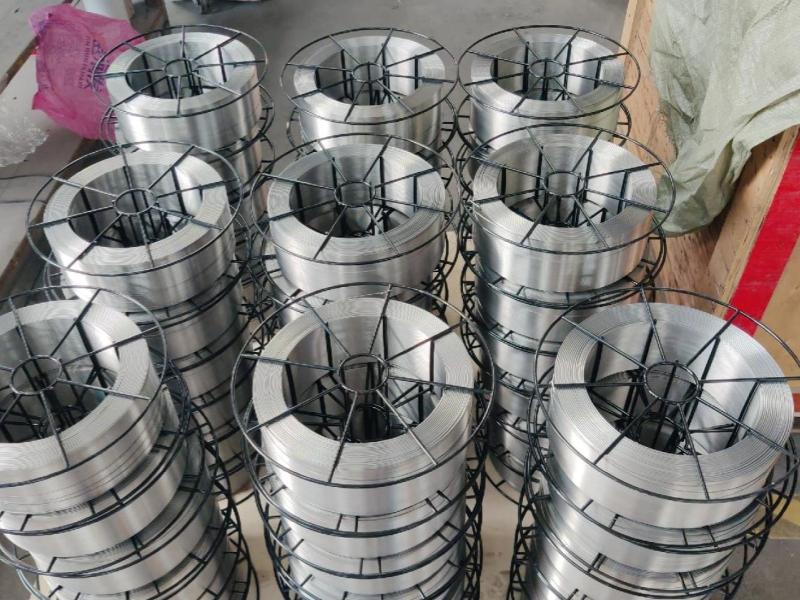What is the most common welding wire?

——Understanding the Most Popular Welding Wire for Different Applications
Stainless steel welding wire is the most commonly used due to its corrosion resistance, durability, and aesthetic appeal, making it ideal for marine, food processing, and structural applications.
The importance of welding wire in modern industry cannot be overstated. A key component in determining the quality, strength, and longevity of a weld, welding wire creates a strong and durable connection between various materials and is at the heart of every welding process. As a trusted supplier of quality welding wire, MTSCO is committed to helping industries navigate the complexities of welding materials. In this article, we'll explore the most common welding wires, their benefits, and how they compare to other options on the market.
Welding Wire Types and Applications
Depending on the welding process and application, there are three types of wire: MIG, TIG and flux-cored.
MIG wires are commonly used in the automotive and construction industries for high-speed welding of thin to thick materials.
TIG wire is commonly used for precise and clean weld seams in aerospace and manual projects.
Flux-cored wires are better suited for heavy-duty applications and outdoor use because of their greater resistance to contamination.
Explore the most common welding wires: Stainless Steel
Each material has unique properties to meet the needs of different industries, with stainless steel, nickel alloys, and cobalt alloys being the most commonly used. Stainless steel is the most widely used material.
Stainless steel welding wire is corrosion-resistant and is often used in marine equipment or food processing machinery for applications that are exposed to wet or chemical environments. In addition to this, stainless steel welds have the advantage of being aesthetically pleasing, word architectural and decorative uses are very popular, and their welds are smooth and have a good visual effect. Stainless steel welds are long-lasting and strong, very durable, and suitable for structural projects.
While stainless steel is the preferred choice for many applications, other materials such as nickel alloys and cobalt alloys have their place in certain situations. Nickel alloys are more expensive than stainless steel, but are resistant to high temperatures, making them suitable for use in the aerospace and power generation industries. Cobalt alloys are highly resistant to wear and extreme conditions and are suitable for heavy-duty applications such as mining and oil drilling.
Applications:
Welding wire is widely used in the manufacturing industry for the production of machinery, tools and equipment;
Construction industry for bridges, pipes and structural frames;
The automotive industry for use as an essential material in the manufacture of exhaust systems, chassis and body panels.

 English
English Español
Español Русский
Русский عربي
عربي